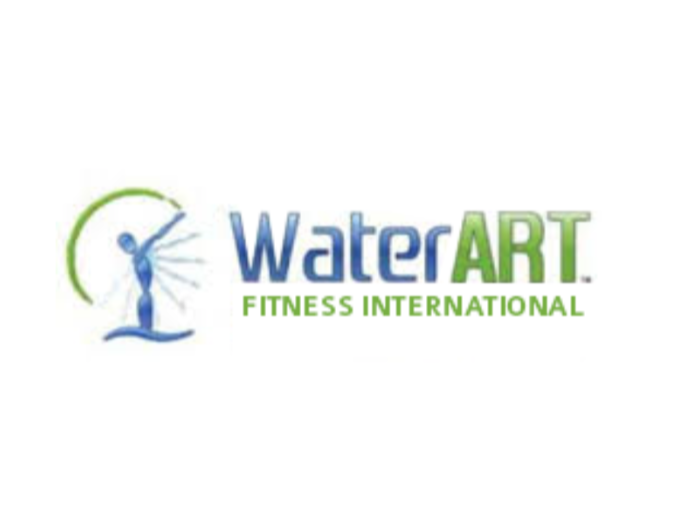TOP FIVE BENEFITS OF AQUATIC EXERCISE
FOR ACTIVE AGERS
As we age, staying active can become more challenging and less enjoyable. Even simple activities like walking can put stress on our bones and joints, and using equipment like bicycles or elliptical machines can feel risky due to the increased chance of falling. Fortunately, water provides a safe and supportive environment for exercise, especially for those dealing with conditions like arthritis, poor balance, osteoporosis, chronic pain, diabetes, angina, and depression. Aquatic exercise not only improves balance and posture but also reduces joint pain and prevents overheating.
Here are five fantastic reasons why aquatic exercise is perfect for active agers:
1. Gentle on Joints
The buoyancy of water reduces stress on your joints, making it ideal for those with arthritis or joint pain. This weightless effect minimizes impact and alleviates pain associated with rheumatoid or osteoarthritis. Plus, the water's hydrostatic pressure gently massages your body, promoting blood and fluid flow.
2. Improves Balance and Stability
Water exercises enhance balance and coordination, reducing the risk of falls. If you struggle with balance or have frequent falls, traditional land-based workouts might not feel safe. Water offers a risk-free exercise space that allows full range of motion and the opportunity to "practice falling" safely.
3. Builds Muscle Strength and Flexibility
The resistance of water helps build muscle strength and improve flexibility without the risk of injury. As we age, we lose strength and muscle mass, and our tissues and ligaments become more rigid. Staying active, especially with strength and mobility exercises in water, helps maintain both strength and flexibility.
4. Offers a Social Outlet
Exercising alone can be isolating, leading to depression and loneliness, which can negatively impact cognitive function and overall happiness. Water activities provide a fun way to meet new people and reconnect with old friends, boosting your social well-being and overall health.
5. Maintains Bone Density
Although aquatic exercise was once overlooked for maintaining bone density due to its weightlessness, recent research shows that high-intensity water workouts can have the same load-bearing effect as land-based exercises. A study from the Universidade Federal de São Paulo found that women who participated in high-intensity water aerobics maintained their bone density, while those who didn't exercise experienced a 1.2% loss in femur density.
If you're looking for the best exercise for an aging body, look no further than your local pool. From reducing joint stress to improving balance, building strength and agility, combating depression and loneliness, and boosting bone health, the benefits of aquatic exercise for active agers are endless. So, what are you waiting for? Grab your swimsuit and head to the pool!
Disclaimer: This article is for general information purposes only and is not meant as medical advice. Always consult your doctor before starting a new exercise routine or making any health-related decisions.









